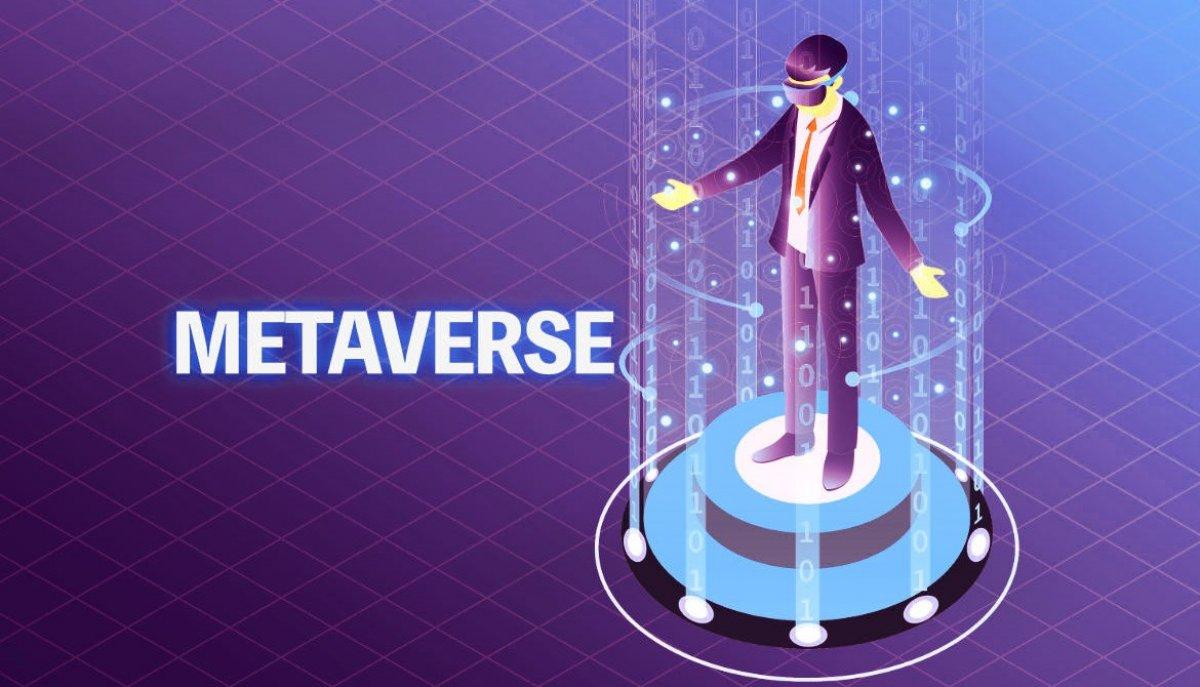Feb 18, 2022
Real Estate Looks For Revolution As Metaverse is Booming
.
Disclaimer: The views and opinions expressed in this article are for informational purposes only and do not constitute financial, investment, or other advice. Investing in or trading crypto assets comes with a risk of financial loss.
Priyanka is an active crypto enthusiast. Having graduated with a BA in Journalism and Mass Communication, she is a passionate content writer with a strong understanding of financial content. She has been writing on crypto and blockchain-related topics for the last three years and is an active trader.
